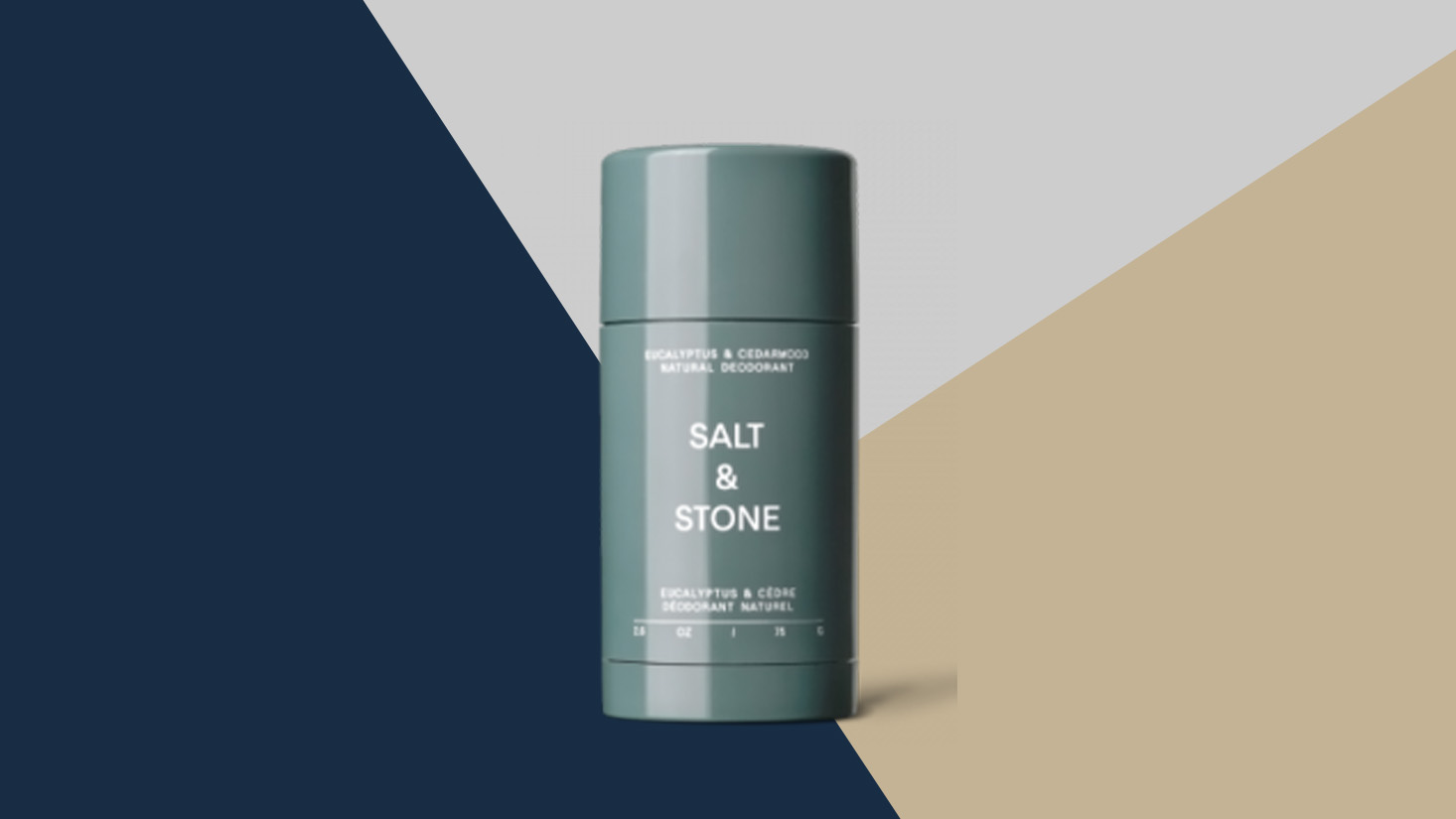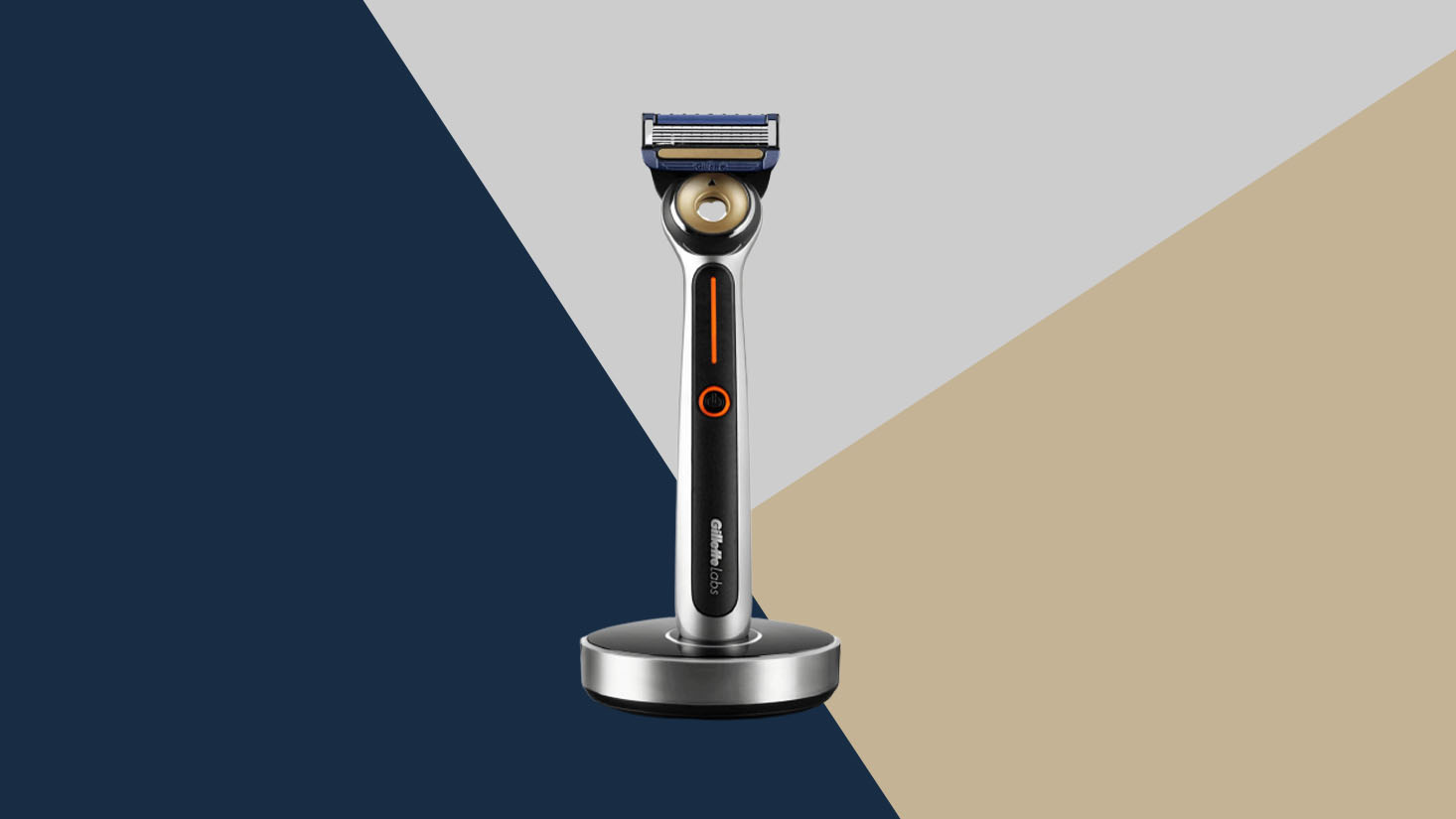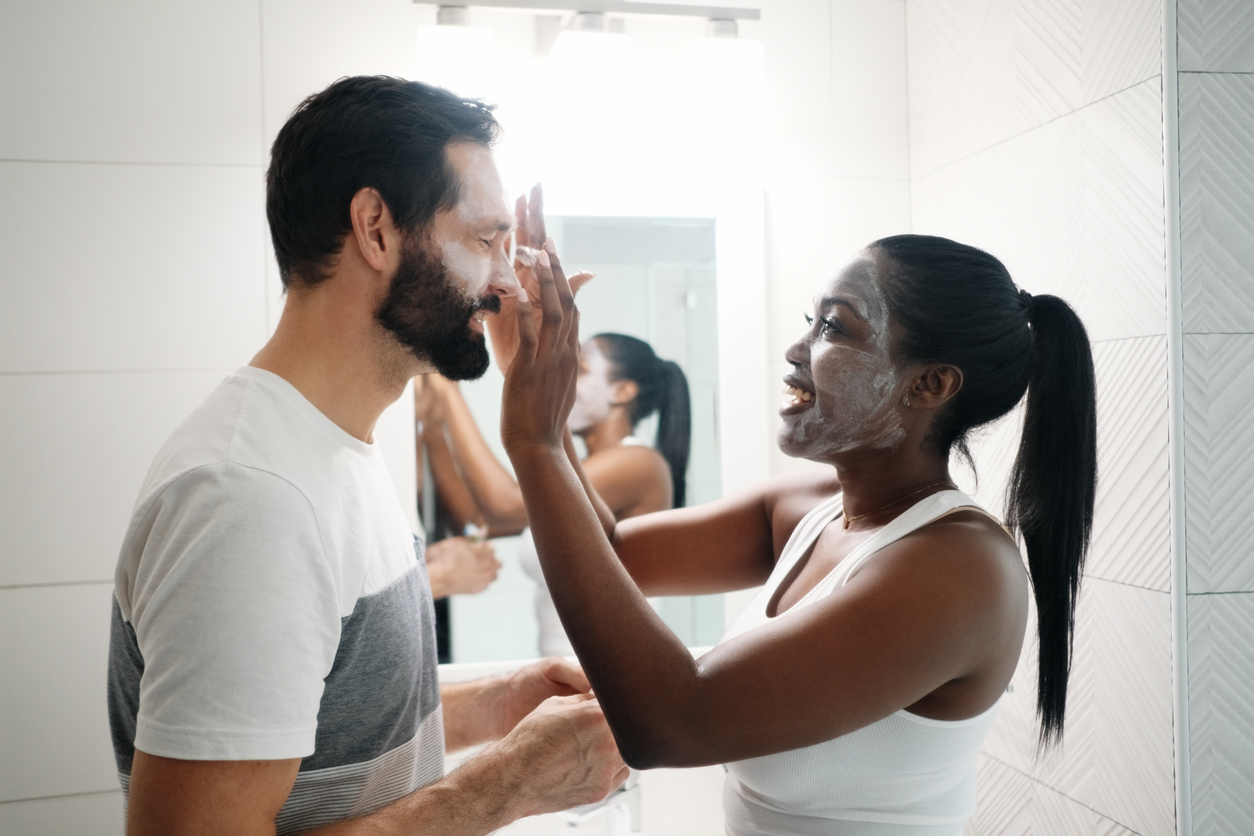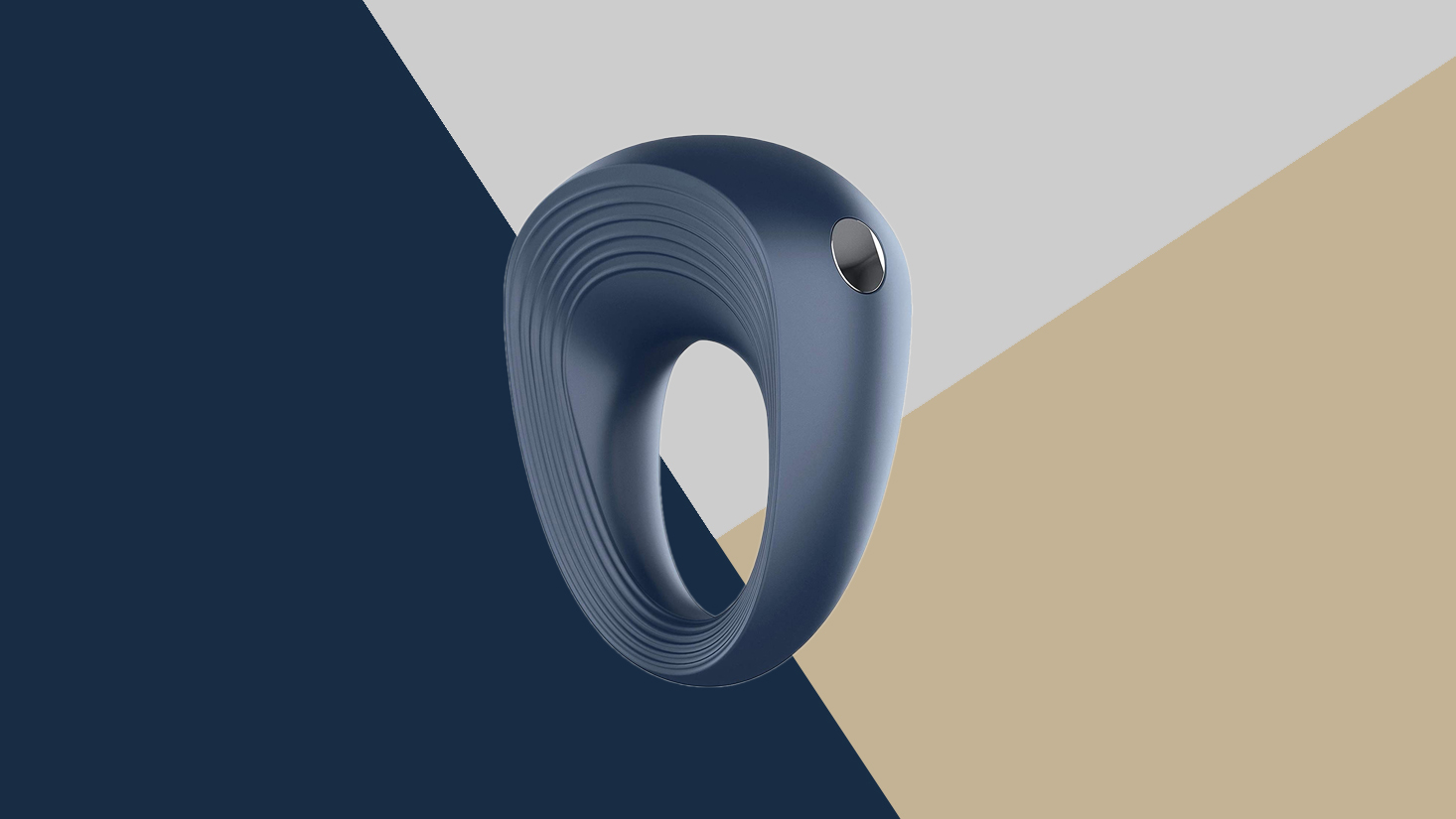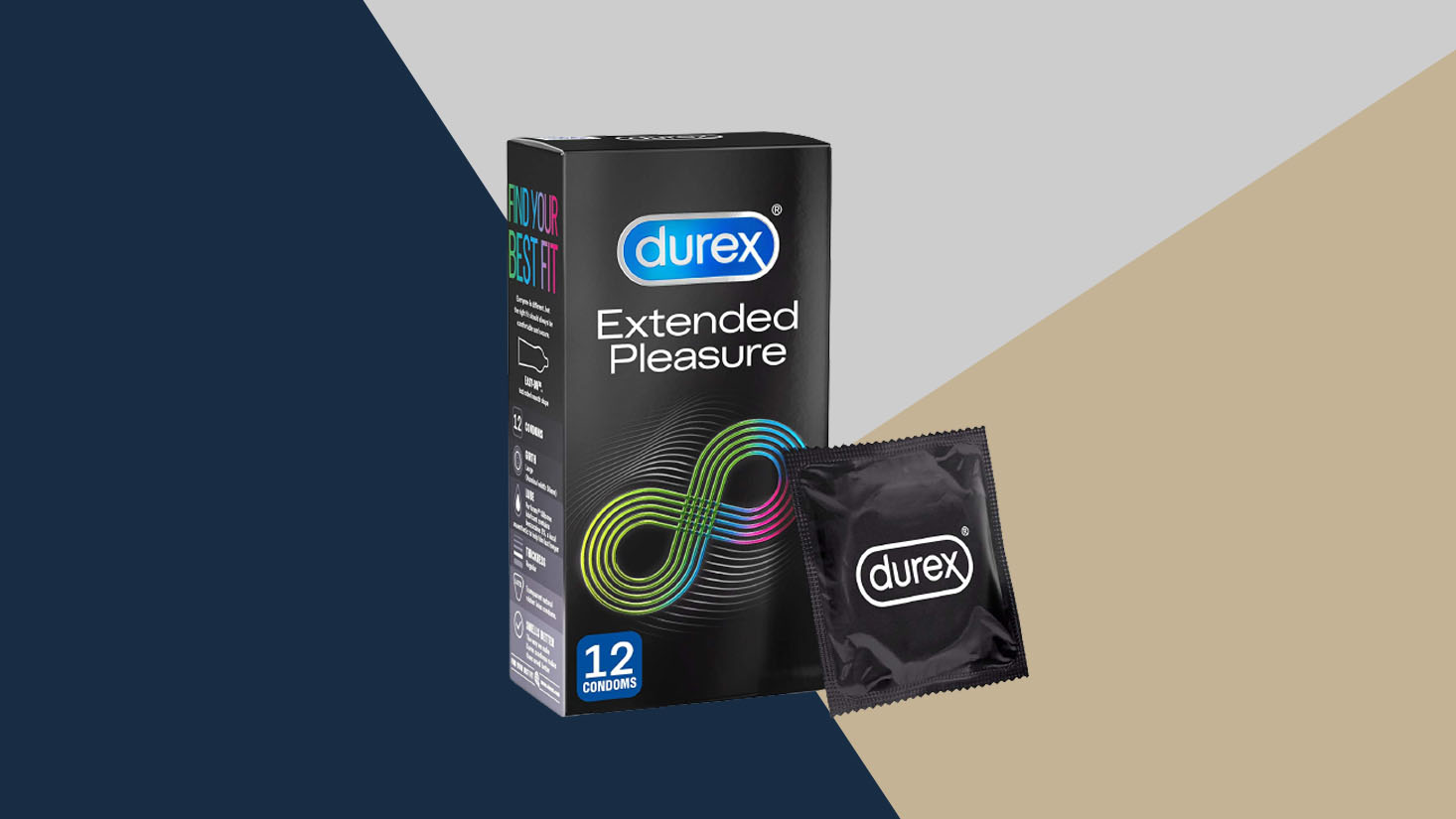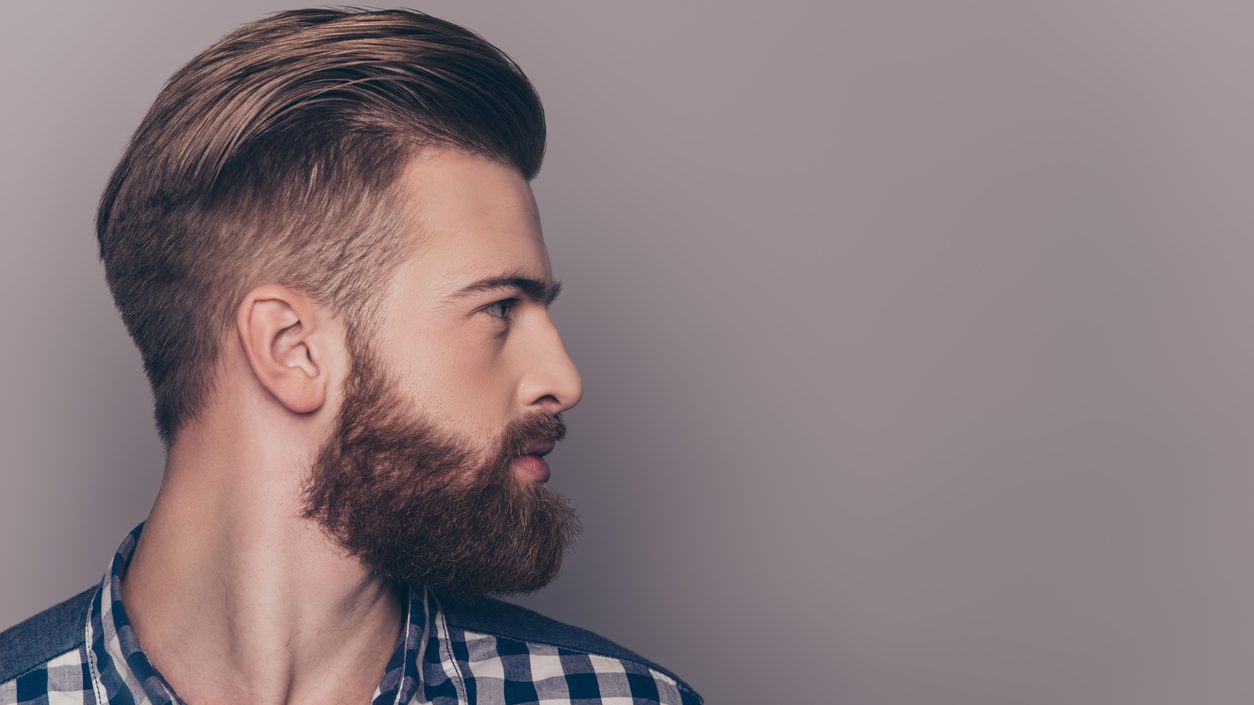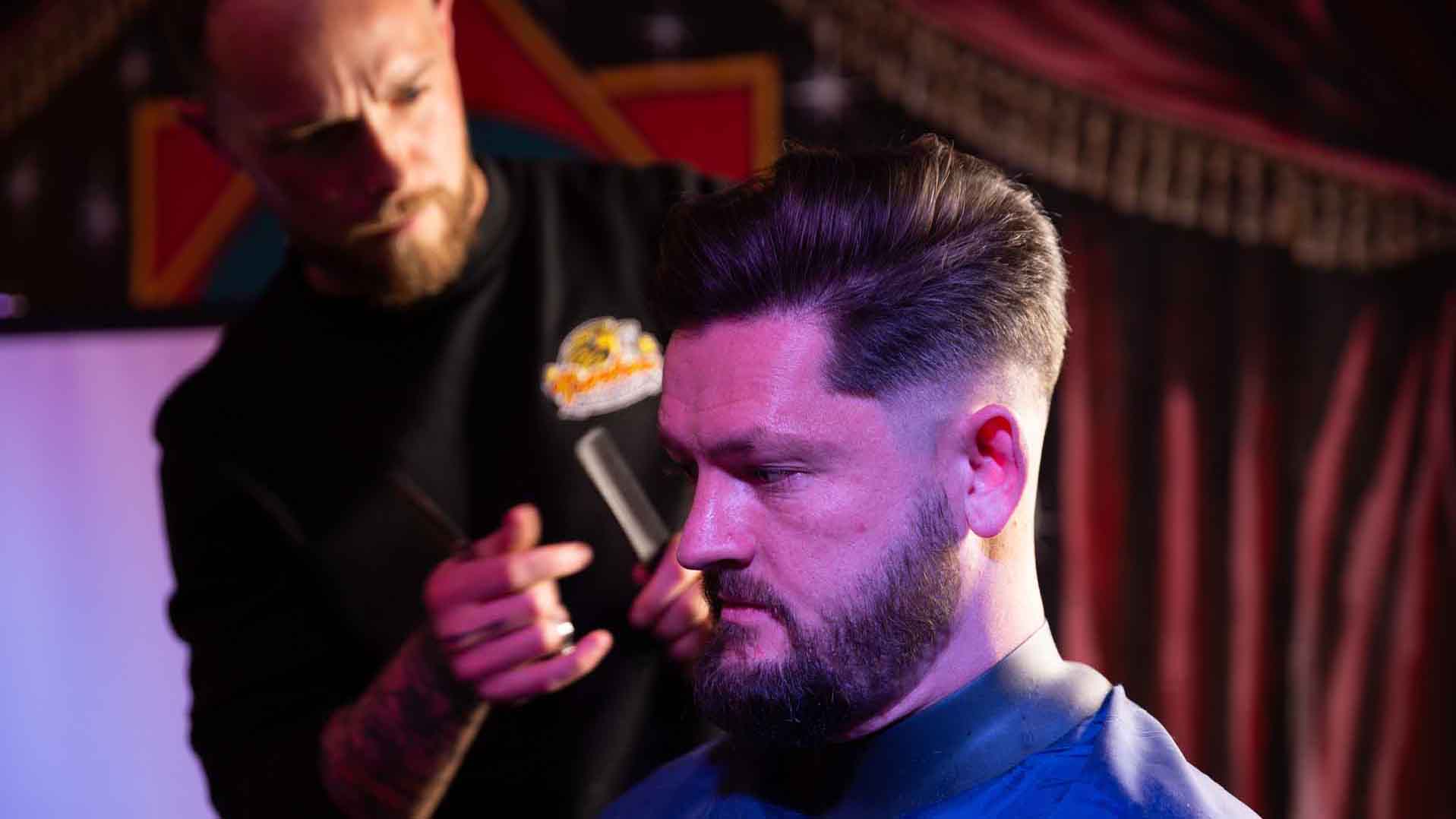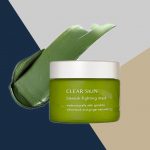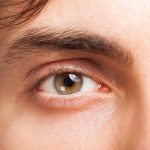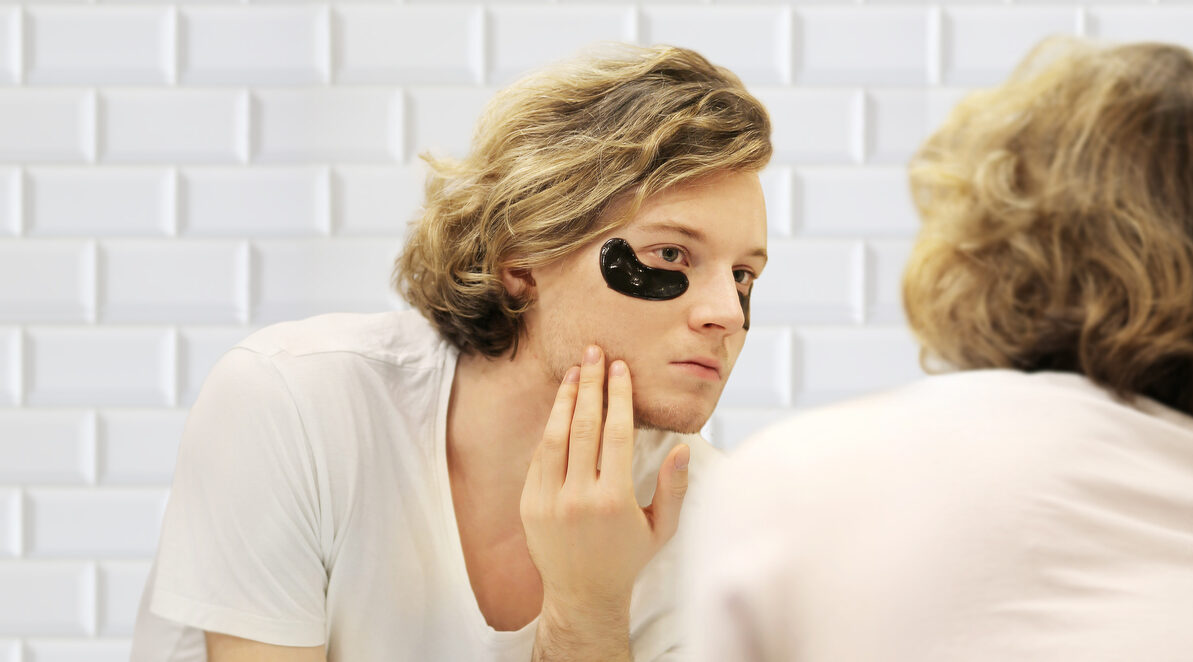
How to get rid of bags under eyes
Whether it’s a lack of sleep, a night with the lads, or staring at a screen too long, eye bags can make you look ten years older overnight. We’ve spoken to experts to find out what causes eye bags and how to get rid of bags under eyes for good
It’s bad enough that as we get older, fine lines start to creep in, let alone dark circles and eye bags making an unwelcomed appearance, and making us look older almost overnight.
As we explain in our best eye cream for men guide, the skin around the eyes is ten times thinner than elsewhere on the face.
This means you’re already fighting an uphill battle before ageing causes the tissue and muscles to become weak.
This not only causes sagging, fine lines and makes the skin look crepey, but it can also cause the fat surrounding the eye to bulge. This is what causes eye bags.
Contrary to popular belief, simply applying an eye cream or serum isn’t enough to get rid of bags under eyes completely. Don’t get us wrong, it will certainly help but there are other factors to take into consideration. Especially if you’re looking to get rid of eye bags permanently.
To learn more about this, we’ve spoken to optometrist Roshni Patel, BSC (Hons) MCOptom from Lenstore to get his expert advice.
What are eye bags?
Dark circles and eye bags fall under the clinical term periorbital hyperpigmentation. Periorbital refers to the area around the eyes and hyperpigmentation refers to changes in the colour of the skin. Because the skin around the eyes is thinner, it makes the underlying blood vessels more prominent. This can make the skin look darker.
This is made worse by the fact that as we get older, we lose subcutaneous fat found beneath the skin. This fat and surrounding “scaffolding” in the skin is what makes younger skin look plump and full. And the loss of such fat and other proteins is what causes older skin to sag and wrinkle.
As the tissues and muscles around the eyes become weak, the fat that usually supports the eyes falls into the lower eyelids. Fluid can also accumulate in the spaces left by the loss of tissue and all of this combines to create bulges and puffiness.
What causes bags under eyes?
“Bags under the eyes are commonly associated with a lack of sleep, and appear as mild swelling or puffiness under the eyes, primarily as a result of fluid accumulation,” said Patel. “They are predominantly a cosmetic concern and rarely ever are a sign of a serious medical condition. Though the most recognisable and familiar is a lack of sleep, eye bags can result from a wide variety of different causes.”
Such other factors include:
- Fluid retention
- Allergies
- Smoking
- Stress
- Genetics
- Sun exposure
- Eczema
- Medical conditions related to bags under the eyes
The medical conditions mentioned include thyroid or kidney problems, or what’s known as adrenal deficiency. These are rare and if you’re concerned – especially if you follow our advice on how to get rid of bags under eyes and the situation doesn’t improve – then speak to your doctor. You can also check with a dermatologist or optometrist.
One small tip for identifying the cause is to look at the colour of the skin around your eyes. If the circles are brown, this is likely caused by pigmentation and requires hydration as well as creams and serums that having brightening ingredients. We highly rate the CeraVe eye cream (£12) and The Ordinary Caffeine Solution (£5.80).
Fluid retention
Fluid retention becomes more of a problem as we get older generally but it’s a particular issue under the eyelid, due to the fact the skin is so much thinner. Our bodies also tend to retain more fluid when we eat a lot of salt.
This means that if you have a salty meal at night, you’re more likely to wake up with bags under your eyes in the morning as the fluid has gathered in the periorbital region as you slept.
For those that struggle with anemia, eating iron-rich foods may also help to reduce symptoms as they allow the increase of oxygen to reach the tissues in your body and avoid the appearance of dark circles.
Allergies
Pollen, dust, and pet allergies are another common cause of eye bags and puffiness. If you take an antihistamine and the situation improves, this may be an indicator that it’s the allergy that’s causing the problem. In this instance, Patel advises getting an appointment with your GP who may refer you to an allergy clinic. This will help determine the cause and hopefully reduce your exposure to the allergen.
Smoking
 Getty Images/iStockphoto
Getty Images/iStockphoto Smoking can cause bags under eyes because nicotine has been linked with disrupting sleep patterns. This not only leads to tiredness but also causes a build-up of fluids as your body has not had a chance to fully rest and restore.
Smoking also breaks down skin elasticity and speeds up how quickly your body drops collagen production. Both of these cause the skin to look puffy and sag. There have also been links with smoking reducing the body’s natural ability to fight off free radicals, and damaging the DNA.
All of this combines to cause puffiness and premature ageing.
Genetics
Unfortunately, some people get eye bags because it’s in their genes. They’ve inherited a condition from their parents, or they have an autoimmune condition that makes the skin swell and look puffy. This doesn’t mean such people can’t get rid of bags under their eyes, but it might just be harder or take longer.
Stress
Stress and feeling anxious can not only cause problems with your skin generally but they can also lead to worse sleep. In both cases, this can make eye bags appear or look worse.
Sun exposure
Sunburn is our body’s way of protecting us from further damage and in the same way, too much sun exposure on the eyes can kickstart an inflammatory response to protect them. Sun damage and excess heat commonly cause swelling and puffiness.
Eczema
For people with eczema, cold air during winter or dry air from central heating can make bags under eyes worse. Atopic dermatitis can occur, causing irritation around the eyes and eyelid, this can lead to puffiness as the skin’s natural defense mechanism is to protect your eyes.
How to get rid of bags under eyes in men
To get rid of bags under eyes you need to at least rule out all of the above causes. This means directly addressing each one to see if the situation improves.
- Get longer and more consistent sleep
- Take antihistamines
- Reduce stress and take time to relax
- Eat less salt and have more iron-rich food
- Cold or caffeinated compress: Caffeine and cold can both help to lessen the appearance of bags under the eyes. A cool green tea bag applied under the eyes may reduce puffiness. This is the best route for people whose eye bags are hereditary
- Reduce your alcohol intake
- Stay hydrated
There are also products you can buy to help you get rid of bags under eyes both instantly, and permanently over time.
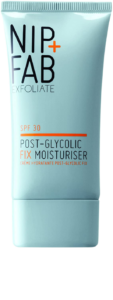 Nip+Fab
Nip+Fab The first is sun cream. You should be using an SPF product every day anyway. Even in winter and even when you’re indoors. Sun exposure is a leading cause of premature ageing.
We rate the NIP + FAB Post Glycolic with SPF30 Moisturiser (£20) because it not only protects from the sun, but also helps tackle spots and blemishes. It is pricey though so a cheaper alternative is Altruist’s SPF 30 (£9).
Alternatively, you could kill two birds with one stone and buy an eye cream with SPF. These tend to be on the expensive side but we highly rate the Isdin Eye Gel with SPF 20 (£12)
Secondly, consider adding retinol to your skincare routine. Retinol helps with acne, wrinkles, fine lines, and more so you’ll get many more benefits than just reducing your eye bags. Retinol can cause irritation so start by using it slowly – maybe once a week – and then increase its usage until you can use it daily.
Just be aware that retinol makes your skin more susceptible to the sun so make sure you’re also applying SPF. Or just use retinol at night. You can find out more in our Men’s skincare routine: Which men’s grooming products do you *actually* need? guide.
MORE LIKE THIS





